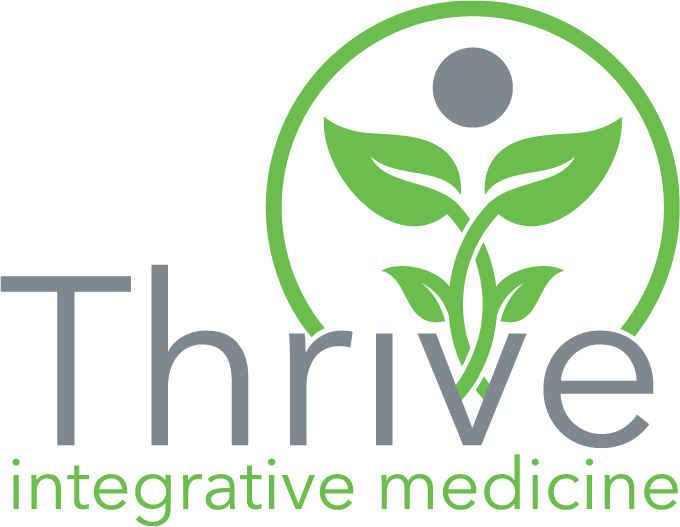Nutrition for athletes … an owner’s manual for your athletic body
Are you a member of the athletic elite? A weekend warrior? Or simply a sporting legend in your own mind? If so, here are a few things you should know.
When you place high demands and expectations on your body you have to feed it the right foods, provide it with adequate nutrition, and treat it well. You’d never see a fighter jet fueling up with the same low-octane gas that goes into your old pickup, right? Well, think of your body as a high-performance vehicle—the quality of the output is only as great as the quality of the input.
In caring for your athletic body, keep in mind a number of factors: the quality of foods; the kinds of foods; supplying the right precursors for muscle building and repair; preventing oxidation, inflammation, and lactic acid accumulation; and enhancing endurance.
When it comes to the foods you eat, follow these three basic rules: (1) Balance your blood sugar; (2) Get adequate protein and branched chain amino acids; (3) Use carbohydrates to your advantage. To balance blood sugar and prevent “bonking” or “hitting the wall,” it’s essential to have enough complex fuel to take you the distance and give your muscles the right building materials. Simple carbohydrates (refined, processed, and most “white foods”) get things going, like kindling to start a fire, but will be quickly burned through and broken down leaving the “tank” empty and the body desperate for more. Complex carbs and proteins (whole grains, fruits, veggies, food without a package or label) stabilize blood sugar and keep you going longer. Additionally, protein and branched chain amino acids are the building blocks that your muscles use to get bigger, better, and stronger. So when choosing foods, don’t just load up on simple carbs. Rather, focus on foods that will sustain your energy longer, allow your muscles the ability to grow, and avoid “bonking” mid-way through a workout.
In addition to paying better attention to the foods you eat, don’t forget about supplements, which can greatly enhance athletic performance, endurance, muscular repair, and regeneration while decreasing the effects of stress and damage to the muscle fibers. The four main players in the nutritional supplement world are: L-arginine, D-ribose, Coenzyme Q10, and B-vitamins. Let’s look at each of these in turn.
L-arginine boosts stamina and endurance by converting to nitric oxide which dilates the blood vessels to increase oxygen delivery and usage, and secondly by increasing growth hormone. One study showed that supplementation of arginine increased duration of exercise by 20% and race times by 1-2%. (Not surprisingly, arginine is also used to treat erectile dysfunction, increase sperm production, speed wound healing, and enhancing immune function.)
D-ribose is a type of a sugar that is key to energy production inside the cells. Ribose keeps the muscles fueled for a longer time to enhance endurance and speed recovery. Some studies show that muscle recovery is three to six times faster with ribose supplementation than without!
Coenzyme Q10 (CoQ10) boosts athletic performance and decreases exercise fatigue and muscular soreness. CoQ10 is a vitamin-like substance that acts both as a potent antioxidant and is a key player in energy production. CoQ10 supplies energy to all of the cells in our body; it is like “micro-fuel” for your cells.
During intense and prolonged exercise, the body produces a substance called homocystine. When levels of homocystine increase, so does the risk of developing cardiovascular disease, arthritis, and other diseases. B vitamins such as B6, B12, and folic acid convert this harmful substance, thereby decreasing accumulation and hence its damaging effects. Additionally, B vitamins are used in cellular energy production, thus increasing endurance and energy and decreasing fatigue.
So, when heading out for a race or a workout;
– Eat to keep your blood sugar balanced and muscles supplied with the requisite energy with complex carbs.
– Incorporate good protein and avoid the (tempting and tasty) over-use of simple carbs.
– Stay well hydrated, ideally drinking half of your body weight in fluid ounces daily (i.e., a 150 lbs. person should drink 75 oz. daily).
– Use the supplement discussed above to enhance performance, endurance, and muscle repair.
– Increase flexibility, cellular repair, and minimize non-productive inflammation with omega-3 fatty acids, turmeric, garlic, and frankincense.
– Don’t forget to eat your berries and brightly colored fruits and veggies (a great source of anti-oxidants) to eliminate unnecessary oxidative stress.
These simple steps will help you really thrive this ski season, skating session, world tour, or weekend in the mountains!
- Dr. Laing
